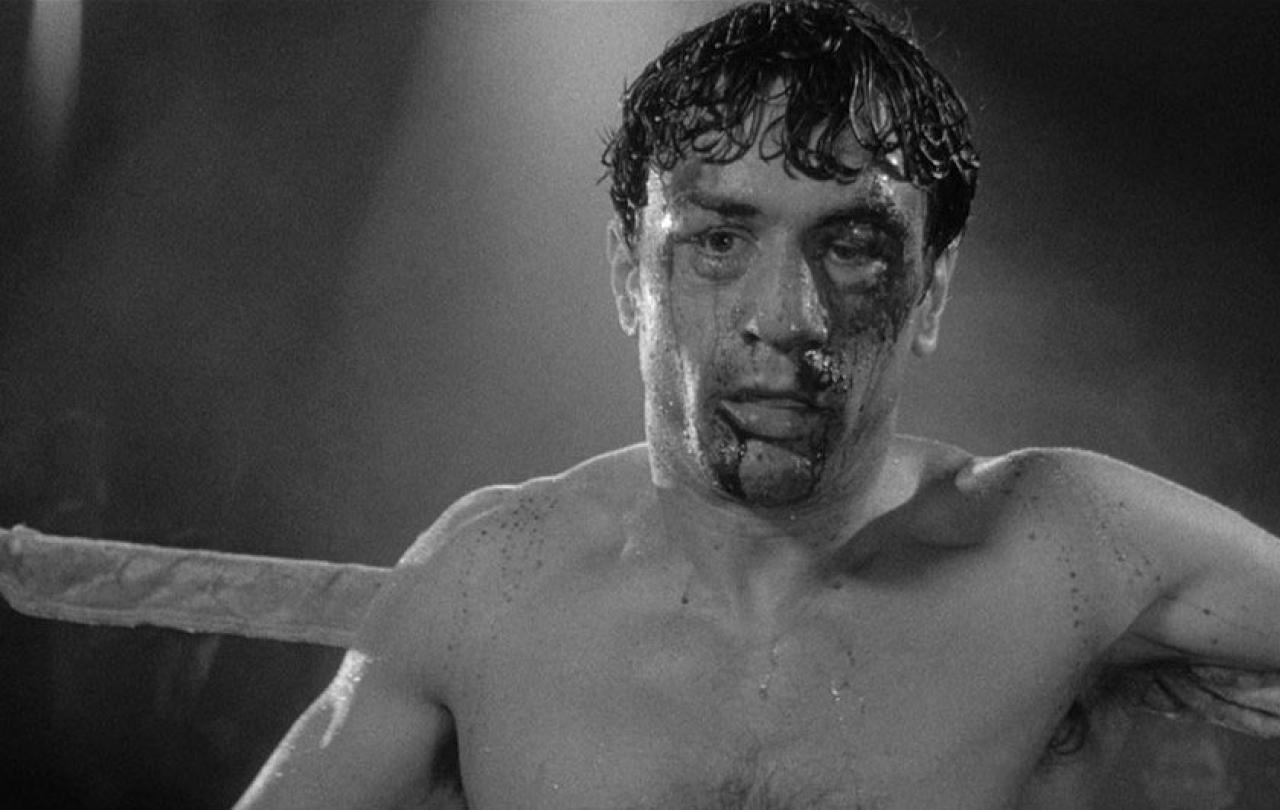
Imagine there’s been a sudden change in plans. The evening meeting is cancelled at the last minute, or your friend is sick and can’t come round. There are no looming tasks that need doing, so you set out to have some fun. What do you do?
Karen Heller’s recent article in the Washington Post suggests that we don’t really know how to answer that question. ‘Fun is dead’, proclaims the headline, and her analysis is simultaneously insightful and depressing. Weddings have become stressful extravaganzas, holidays require a constant stream of activity, retirements should have a purpose and a plan. Our fun, our play, requires a reason to exist. Can we have fun without it having some larger purpose? Can we play without needing to post it on social media? Everyone else, it seems, is having much more fun than we are.
Take video games. You might think this ought to be the very definition of a playful activity, one with no particular end or purpose in mind. But even here, it seems we don’t know how to have fun without some type of incentive. Conversations about video games online are frequently so self-serious and toxic that you’d be forgiven for thinking that it was a matter of life and death, not differing preferences about fun. Some of the world’s biggest games – things like Fortnite, Genshin Impact, and EA Sports FC – give rewards to players who turn up to play every day. It sounds generous until the psychological hooks of these methods grip you far past the point of fun. Players talk about not being able to sustain more than one of these types of games, because otherwise they won’t be able to keep up. What starts as play quickly turns into a form of work.
The world of play is a world of grace, where we are free to find pleasure in an activity on its own merits.
I am as much a sucker for this method as the next person. I find myself drawn to games which start out as free and fun, but the fun inevitably seems to turn into a chore that I cannot dislodge. There is an unwritten pressure to turn up to play every day to complete daily tasks and keep up with the competition. I end up feeling guilty for wasting my time playing games, and anxious to keep up with what’s required when I do. No wonder, with all these contradictory pressures on play, I find myself more often than not vegetating in front of Netflix rather than really playing.
This is all a bit of a first world problem and might seem like another depressing indictment of modern society, but perhaps it shouldn’t be that surprising. As humans, we are always looking for some way to justify ourselves, some way of finding proof that what we do matters. Play, by contrast, demands that we step into a different sort of world. The world of play is a world of grace, where we are free to find pleasure in an activity on its own merits, and not for anything we might get from it in the end. Play, in its best sense, is purposeless apart from the joy of playing. "When we try to give our playful activities some wider purpose for why they matter, we are turning them into something else."
The world of the Christian faith is not often seen as a playful one. It seems so very serious, dealing as it does with matters of life and death. But within the serious world of the Church, a space for play emerges. After all, it is first and foremost a world of forgiveness from what we have done wrong in the past, present, and future. This forgiveness takes away the fear of failure. Whether I am greatly successful or not I am loved and forgiven by God. This is God’s gift, which cannot be earnt and cannot be lost.
The result, perhaps surprisingly, is that I am free to play, because I do not need my play to achieve anything for me. As the theologian Simeon Zahl puts it,
In play a person is free to engage with the world creatively, actively, energetically, but without fear of ‘serious’ consequences. The Christian is free to play with things that once seemed deadly serious, to find delight in what were formerly objects of fear, and to take themselves much less seriously.
In the world of video games, this idea is perhaps most clearly seen in the games produced by the Japanese game developer Nintendo. Their games, from Mario to Zelda, epitomize a vision for gaming which is driven by creating joy for whoever is playing, and not unnecessarily burdensome tasks. One of their best games of last year, The Legend of Zelda: Tears of the Kingdom, doesn’t offer a prescriptive path for how players should approach its challenges. Instead, the player is given a toolkit and set loose to use it in the world as they see fit. The result is a sense of joyful freedom, a feeling that its world is full of delight and even silliness. It gave me some of the most fun playing games in recent years, without me even coming close to finishing it.
It's this playful attitude that I want to take into the rest of my life. What would it look like for us to see the world as a playground rather than an exam hall? The result wouldn’t just be a lot more fun. I think it would also be deeply Christian.






